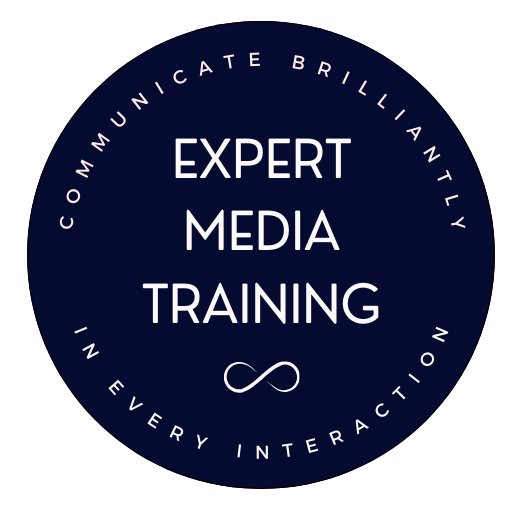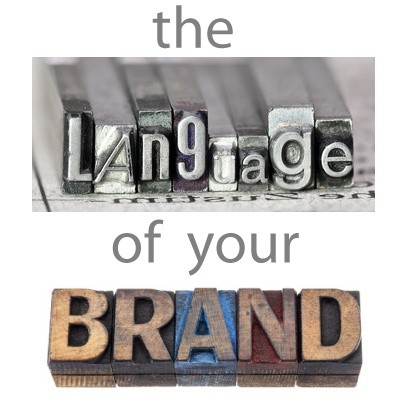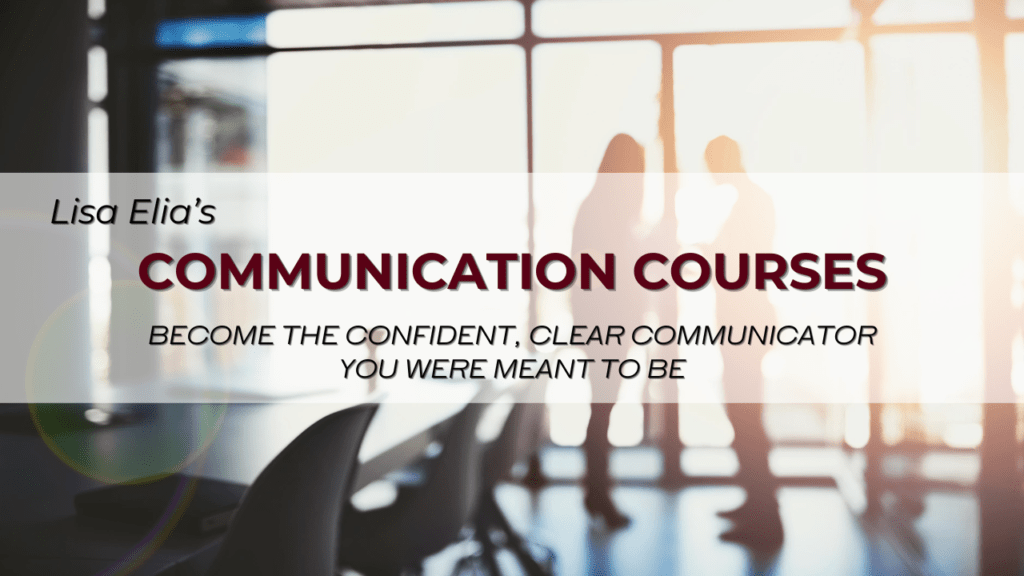People sometimes become so fixated on what their competitors are doing that they get desperate and resort to unethical, and even fraudulent, practices to get the inside scoop on them.
While it’s good to know who your competitors are and what they offer so you can differentiate yourself, it’s not a great idea to copy what they do. What you need to know about competitors to differentiate yourself is usually available online.
Don’t try to extract confidential information from competitors by posing as a potential client.
This is what NOT to do to conduct research on your competitors. Don’t call them pretending to be a client, or the representative of a client, in order to attain information about their pricing and to access materials they would not share with a competitor. It’s dishonest, fraudulent and, in many cases, against the law.
Cornell University Law School’s website contains easy-to-read information on this law: https://www.law.cornell.edu/uscode/text/50/1708
Here is an example from my own recent experience: a woman who used to be a TV producer called and asked me about media training for her “client”. We’ll call her Ms. Shady. Under the guise of looking to hire a media trainer for her client, Ms. Shady asked about my prices and dug for details about my training process. A few weeks later, I noticed that she and her business partner had created a website and are offering media training services. Several sentences on her website look as if she copied them from the quote I had sent her and then simply rearranged the wording. I highly doubt all of this was a coincidence, especially because when I checked her domain name registration, it showed that she had purchased her domain name a few months previous, so it seems that her plans for her firm were in place before she called me.
Using the example of Ms. Shady, here are several reasons why this deceptive practice is a bad idea:
- If you work in an advisory capacity with clients, your ethics will matter to those who have ethics.
Would your clients be impressed if they found out that you lie to get what you want? Probably not.
Could your clients find out that you lie to get what you want? Probably.
Lying to get what you want is generally not a great idea. People whose creativity does not lift them above lying probably shouldn’t be advising anyone on anything.
- You want your competitors to respect you.
Sometimes people will ask your competitors what they know about you. Referencing Ms. Shady once again, if anyone asked me about her, I would feel compelled to share the truth: she told me she was interested in my services in order to gain confidential information. It appears that she was doing so deceptively/fraudulently to gather competitive information.
Competitors can sometimes be a source of referrals.
There are times when your competitors will be too busy to take on a client or they come across someone who is not the right fit for them, and they may want to refer this person to a competitor. I happen to do this quite often. Using the example of Ms. Shady, do you think I would ever refer her business? I definitely would not.
- Don’t waste your competitors’ time and income potential.
Respect people’s time on earth and the value of their time at work. Every minute of your competitor’s time that you waste having him or her believe there is a potential deal in motion is time you take away from that person to do something productive in business, with family or for the world. There is an opportunity cost to everything.
To build a strong, ethical brand, focus on what you have to offer and how you want to conduct business.
- Differentiate yourself.
Instead of trying to copy competitors, think about what you have to offer that is unique and special and authentically your creation. This is especially true if you are a service provider. Trying to replicate the way another person provides a service will often backfire because you will probably not have the same education, life experience, personality and sensibilities as the competitor you are trying to copy.
People who feel so insecure about their level of knowledge on their subject matter or processes that they need to replicate others should re-think their readiness to enter the market.
- Make business ethics a part of your brand.
Most large corporations and many small companies have standards of behavior and codes of ethics. Your code of ethics becomes a part of your brand, internally and externally, whether you intend it to or not.
- Use your personal experiences and life influences to create your own brand.
The most creative and useful services and products are often created by combining elements from several influences. Your influences will not be exactly the same as those of your competitors.
Instead of closely copying competitors, be the best version of yourself. Create your own processes and products. Focus on serving the people who want to work with you because of who you are and what you have to offer. The more you do this, the more distinct and powerful your brand will become.
To your personal brand and success!




 The brand has grown to extend far beyond its origins, when a brand was the insignia used primarily to mark cattle and products that craftspeople made.
The brand has grown to extend far beyond its origins, when a brand was the insignia used primarily to mark cattle and products that craftspeople made.
